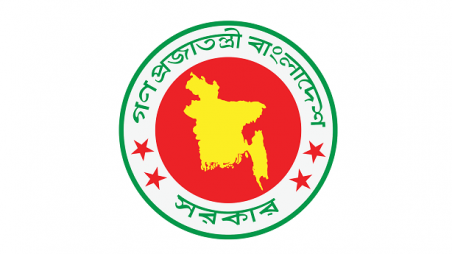Ex-DIG Nahidul, wanted in ICT case over Jamaat leader murder, arrested in Dhaka
Nahidul Islam was previously a DIG at the Special Branch, where he oversaw the political wing

Police arrested former deputy inspector general (DIG) AKM Nahidul Islam from his residence in Dhaka's Eskaton area last night (12 September) in response to a requisition issued by the International Crimes Tribunal (ICT).
Confirming the matter, Shafiqul Islam, additional commissioner of the Detective Branch (DB) of the Dhaka Metropolitan Police (DMP), said Nahidul is an accused in a case filed at the ICT over the killing of a Jamaat leader during his tenure in Meherpur.
He said the former police officer was handed over to the tribunal after arrest.
Meanwhile, today (13 September), the court of Metropolitan Magistrate Dilruba Afroze Tithi ordered the former DIG to be sent to jail in a case related to crimes against humanity after a hearing.
An assistant director of the International Crimes Tribunal's investigation agency, Fateh Md Iftekharul Islam, requested that Nahidul be held in prison.
While the ICT had issued an arrest warrant on 19 August and Nahidul was arrested by DB officials last night, the tribunal's court was closed for the weekend. Therefore, a custody warrant was necessary to send the accused to jail.
Following Iftekharul Islam's application, the court granted the plea to send Nahidul to jail, Sub Inspector Abul Bashar, Dhanmondi Police Station general registration officer, told The Business Standard.
According to the case statement, Nahidul is an accused in a case over the death of Tariq Mohammad Saiful Islam, an assistant secretary of Jamaat-e-Islami's Meherpur district unit, who was killed in an alleged gunfight in 2014.
At the time of the incident, Nahidul was serving as the superintendent of police of the Meherpur district.
Nahidul Islam was previously a DIG at the Special Branch, where he oversaw the political wing.
The arrest comes months after the government sent four deputy inspectors general of police, including Nahidul, into forced retirement on 28 July, citing "public interest".



 Keep updated, follow The Business Standard's Google news channel
Keep updated, follow The Business Standard's Google news channel

















